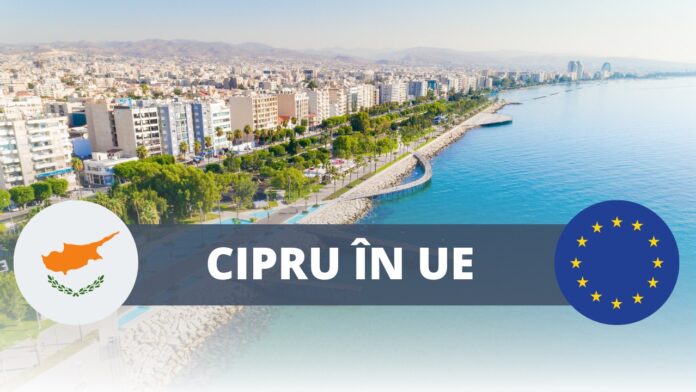The Republic of Cyprus is an island country in the Mediterranean Sea, located south of Turkey, west of Syria and Lebanon, northwest of Israel and the Gaza Strip, north of Egypt, and east of Greece. The country’s population, including Northern Cyprus, currently exceeds 1.26 million. Most Cypriots reside in the capital and largest city, Nicosia. Cyprus has two official languages, Greek and Turkish, but only Greek is an official EU language.
The country joined the European Union in 2004 in the biggest wave of enlargement, along with nine other countries.
On July 3, 1990, the Republic of Cyprus applied to join the then-European Economic Community (EEC). The European Commission subsequently issued an opinion recognizing the island’s European identity and character. Specifically, the Commission’s opinion confirmed that the country met the criteria for membership.
The EU launched the accession negotiations with Cyprus on March 31, 1998. Years of negotiations, discussions, and meetings led to the culmination of the lengthy and challenging accession process at the Copenhagen European Council in December 2002. At this Council, the EU admitted Cyprus and the other nine candidate countries (Czech Republic, Estonia, Hungary, Latvia, Lithuania, Malta, Poland, Slovakia, and Slovenia) into the European Union.
FOR THE MOST IMPORTANT NEWS, FOLLOW US ON TWITTER!
Four years later, Cyprus adopted the euro. Cyprus is currently in the process of joining the Schengen area. Since 2004, Cyprus’ economy has entered a new phase. The country’s GDP has grown from €13.3 billion in 2004 to around €24.5 billion by 2022. By 2022, citizens who previously had an average gross salary of around €1,250 a month before accession were earning more than €2,000. In its 20 years as an EU member, foreign direct investment has also significantly increased, from €3 billion in 2004 to €9 billion in 2022.
With the accession to the big European family, the life expectancy of citizens has also increased. For men, it rose from 77 in 2004 to 80 in 2022, and for women, from 81 in 2004 to 84 by 2022.
This article is part of the campaign launched by the REALITATEA Press Group: “Moldova Chooses Europe,” in which we tell the story of the path of EU Member States in the process of European integration and the economic growth recorded as a result of accession.


